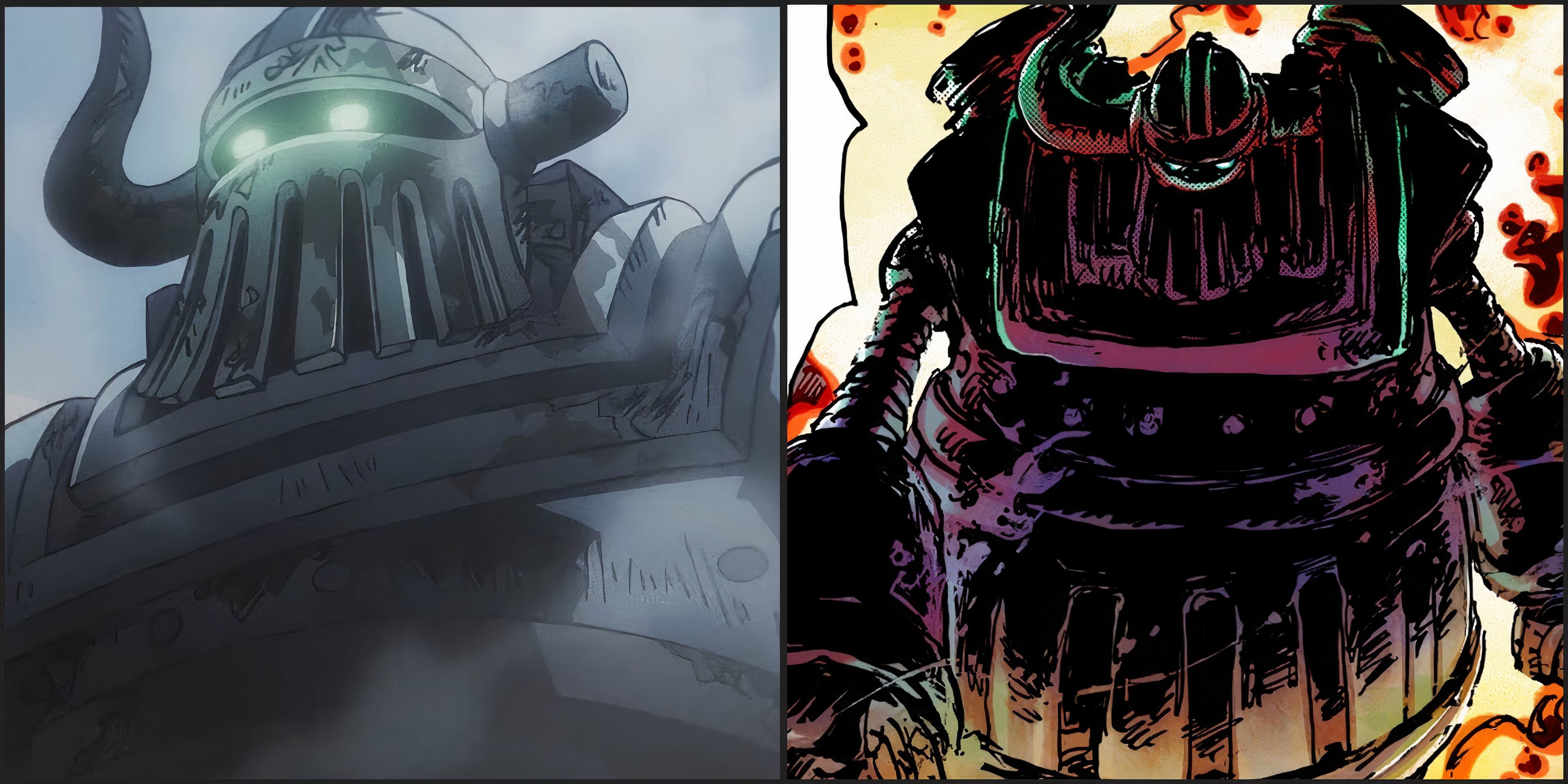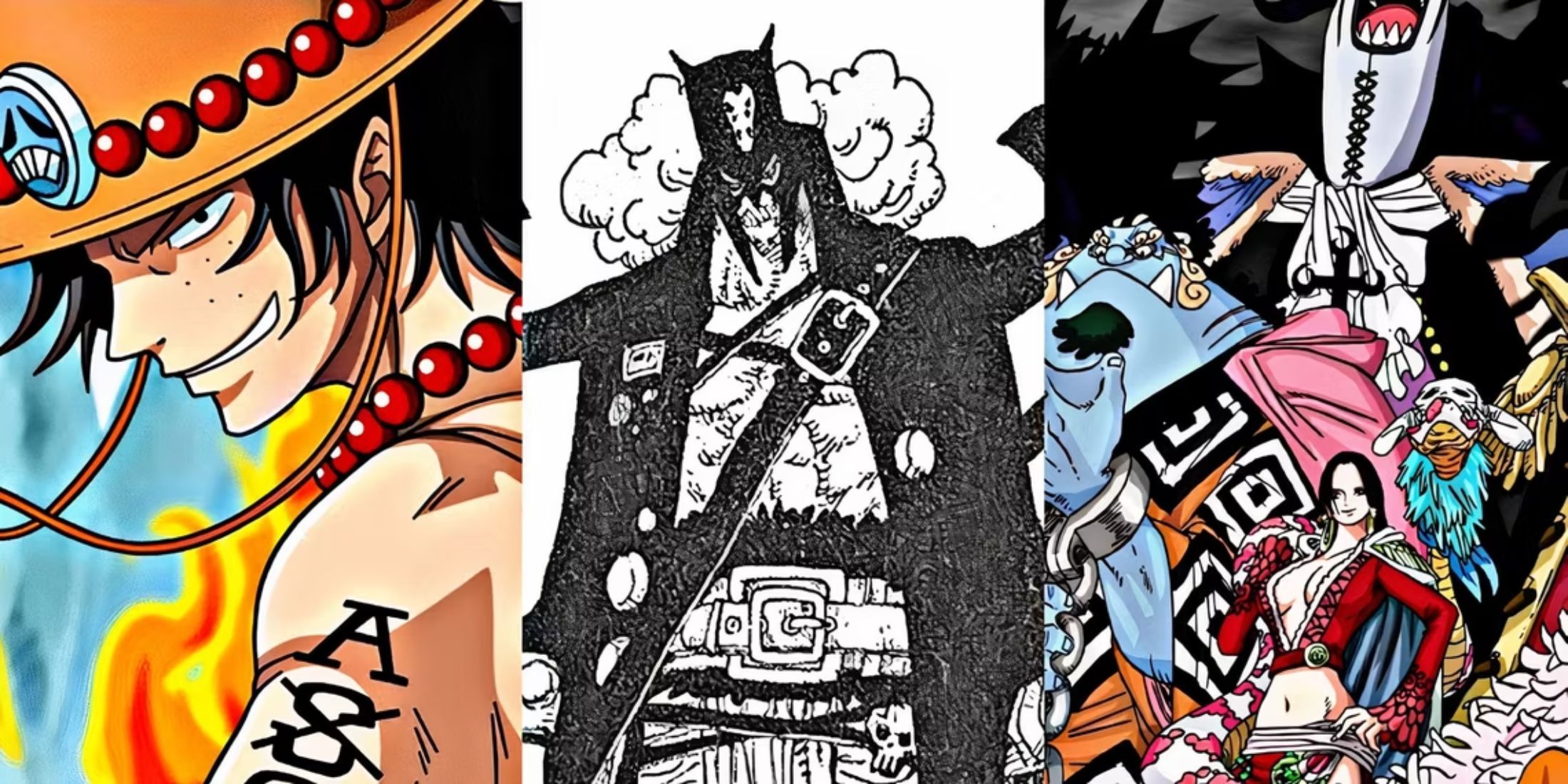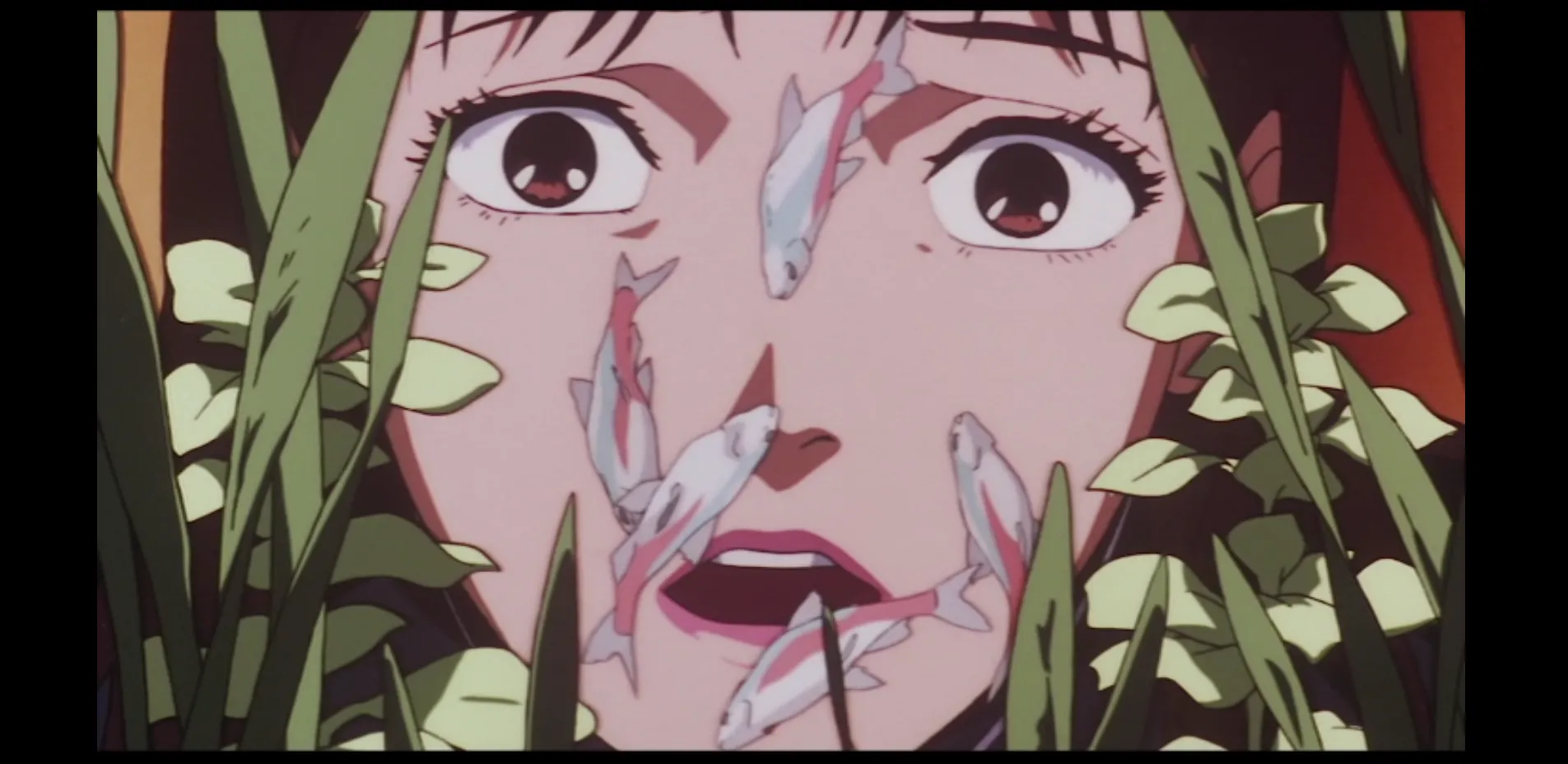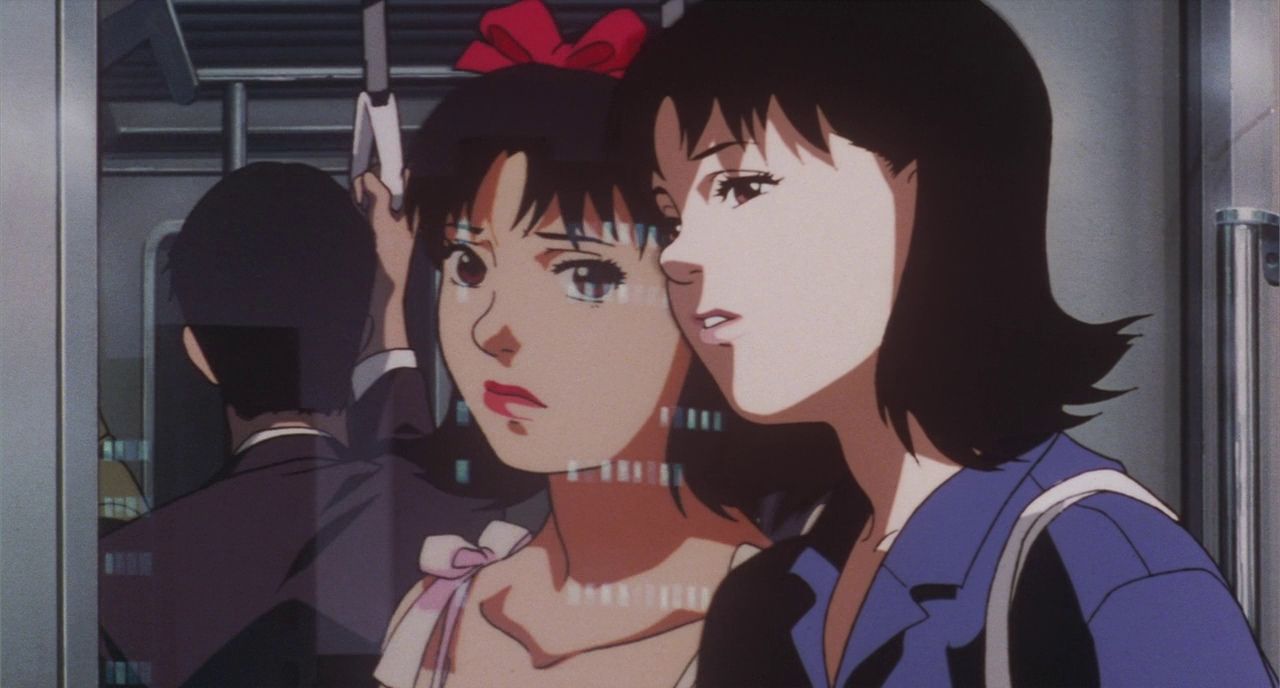Legendary film director Satoshi Kon died of pancreatic cancer in 2010 before 1997's Perfect Blue gained its cult following. The distribution company for the movie went bankrupt, and despite winning awards at a few film festivals went largely unnoticed in comparison to his other films, such as Millennium Actress in 2001, Tokyo Godfathers in 2003, and Paprika in 2006, the latter of which is often suspected to be an inspiration for the film Inception, with some fans even claiming Inception as either a homage or direct rip-off of Kon's own film about using technology to enter a shared dreamscape that came out four years prior.
Kon's other films aside, Perfect Blue is often considered an existential masterpiece. It features a protagonist named Mima, who after leaving her life as a J-Pop idol behind struggles to find who she is, blurring the lines between her idol personality and her true self. It examines the toxicity of Japanese idol culture of the time, as well as subsequently similar forms of obsessive celebrity culture, and how making a commodity of real, human people can have disastrous psychological consequences on the person being idolized.
Not Just Critiquing Japanese Idols, But All Celebrity Culture
It was initially based on a novel with the same title, however, after seeing someone else's script for the film based off the book he asked if he could change it. Initially intended to be a horror slasher, the original author only asked Satoshi Kon to keep three main tenants "the main character is a B-grade idol, she has a stalker, and it is a horror film. He turned it into a completely different story, thus creating a film featuring social commentary and his own original story out of the three tenants the author of the novel asked him to keep.
The film even inspired Darren Aronofsky, who although denies the rumors that his film Black Swan is based on Perfect Blue, often talks about how the infamous bathtub scene in his previous film Requiem of a Dream was a direct remake of the same scene in Perfect Blue and how much of an inspiration Satoshi Kon was to his own works. He even attempted to get the rights to make a live-action adaptation of Perfect Blue, however, the project never got off the ground. Western audiences may look at the surface level of the plot of Perfect Blue and are unsure if they would be interested in such a film. However, there are multiple interpretations of the movie that are incredibly applicable to not just Western Audiences, but internationally and across nearly every demographic.
Satoshi Kon often critiqued Japanese culture, however, the problems he's examined over the years are not restricted to Japan. At the time, the film was hailed as a needed critique of Japanese idol culture and consumerism. It focused on Kon's frustrations with humans being commodified for entertainment and sexuality's sake, while pumping out low-effort music and focusing the efforts on creating false identities for rabid fans to form parasocial relationships with and fawn over all behind the guise of being pop singers.
These frustrations are not unfounded outside of Japanese celebrity culture either. Obsessive followings of celebrities have prevailed in Western society too. Thinking of boy band stans, reality tv fandoms, and all over Hollywood, you can find aggressive followings who analyze and project themselves to create what the fandom of a particular entity wants from an aforementioned celebrity, even leading to stalking, doxxing, and widespread rumor mills being consumed as the truth. Celebrities are often equated to royalty or deities, and mistakes are often treated as death sentences, not allowing celebrities to be as human as those obsessing over them.
There is nothing wrong with enjoying boy bands, reality tv, or movies produced by Hollywood, of course. The problem lies within those worshipping and idolizing human beings, who are in fact as fallible and flawed as we are. The pressure is put on celebrities to exclude a false perfect image to appease the masses, and this very concept and the psychological damage it can cause is at the core of Perfect Blue.
How Does This Apply To The Movie?
At the beginning of the film, Mima announces to a crowd of adoring fans that she is leaving behind her job as a Japanese pop idol to pursue acting. Although many of her fans miss her, her future stalker Me-Mania is the most upset by the sudden change.
Although initially in support of her, when he finds out she is no longer promoting the pure and innocent image she did as a pop idol and is instead taking risqué photo shoots and acting in mature roles, he is infuriated. He stalks her and eventually attempts to assault her in response; this is because he would rather be the one to take her innocent image away than herself, not allowing her control over how she presents herself.
This is intended to be representative of the obsession fans have over a celebrity, how intense parasocial relationships can heighten a celebrity onto a fragile pedestal, and the emotional reactions of fans when a celebrity displays behaviors that don't align with a fan's chosen image of them.
Another Interpretation, Regarding Social Media
When Satoshi Kon made the film, social media didn't have the same grip on society that it has today. Social media has connected families, helped launch small businesses, and provides easily accessible entertainment, among many other positives. However, social media isn't without its downfalls; social media is full of its own brand of celebrity culture, although the film's meaning can be interpreted past celebrity culture due to the rise of social media.
When someone posts on social media, you are curating what others on the same platform are able to perceive about them. Social media users are presenting an image, and as most people only post the positives of their life and things they like, they are presenting a perfect image. This is not to say you should begin posting about your life's mistakes, this is meant to illustrate how we, like Japanese pop idols or other celebrities, curate a perfect version of ourselves on social media, even for those of us whose only followers are family members.
Although the results may not be as extreme, we still feel the effects of the perfection constantly displayed on social media. Other people's lives seem better than some because although a social media user sees their own faults and their bad angles, their audience doesn't. Their audience sees their life as perfect, their bodies as perfect, among other things, and feel pressure to make their life as happy and perfect as what they see emulated on social media.
In this way, a much wider audience can appeal to Mima's plight of her presented image with her true, flawed self, and struggling to separate herself from said image when forging a new presentation for herself. Combining both of these interpretations, Perfect Blue can both critique toxic celebrity culture and the downsides of social media, wrapped in the package of a psychological horror film. Be warned, however, that the film's dark imagery and topics can be triggering for some, so before viewing anime watchers should do research to be properly prepared for gruesome topics.




.jpg)
.jpg)

